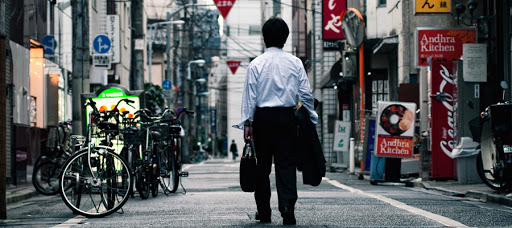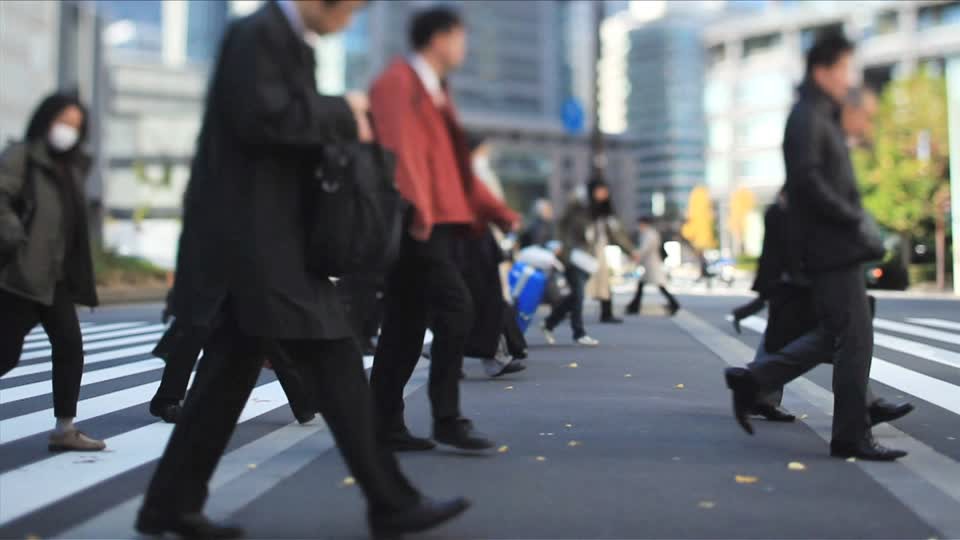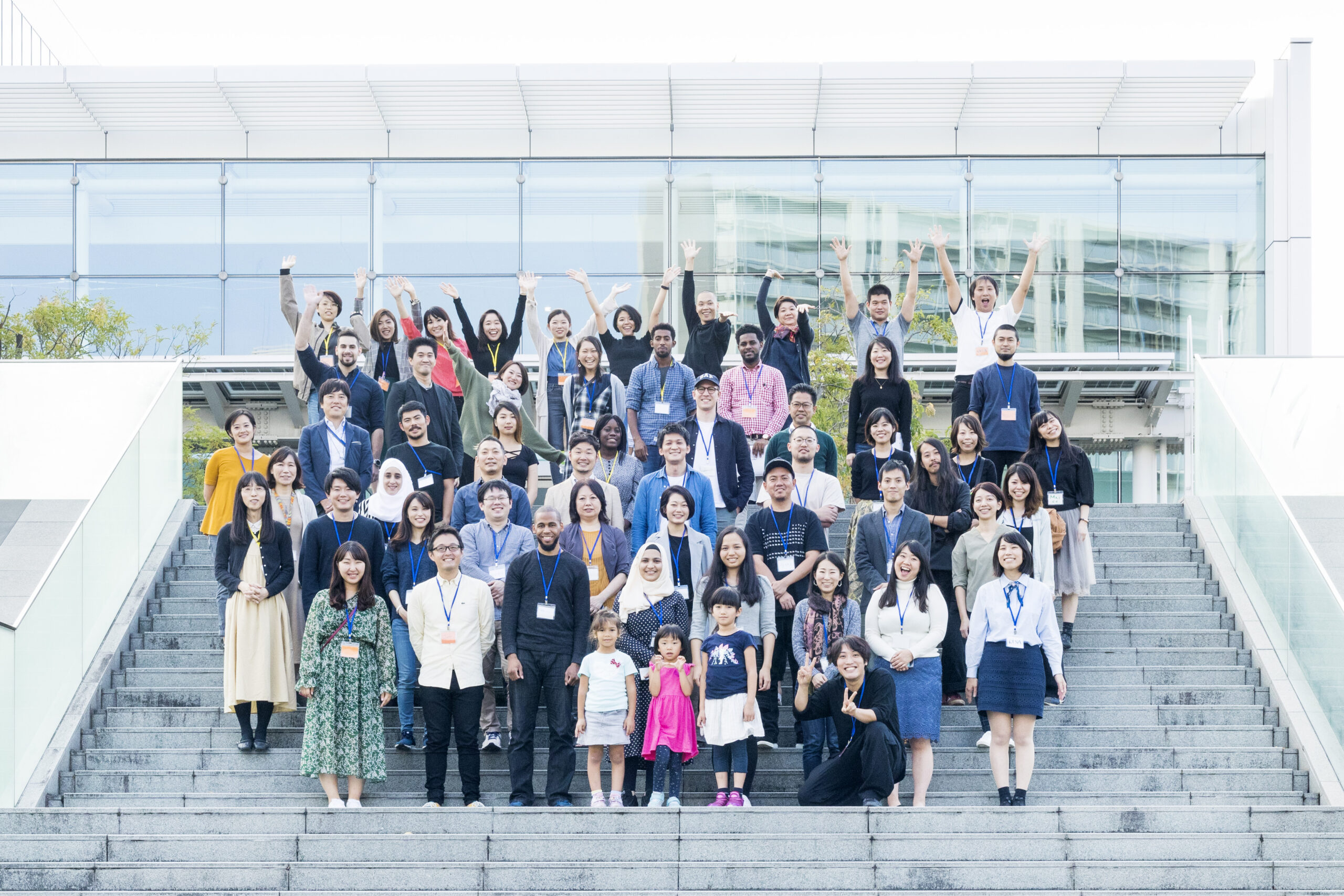Whereas an 8 hour work day is considered to be the ideal, work hours in Japan are extremely long and often unpaid. Working overtime doesn’t count as extra work. One common reason for working overtime is not being able to complete your work during office hours.
Working overtime has become an integral part of the Japanese work culture. Getting to your office early and leaving late, with little or no vacations taken, has become the norm. Although it has tremendously maximized output, it has proved to be life-threatening for the masses.
The companies, however, see it as a way to establish camaraderie among the workers. This is necessary to work as a team and ensure success. It has become a part and parcel of their culture, to stay up late at work and drink with fellow workers. This is meant to cure the exhaustion of the day. Companies see it as beneficial to their work output.
How Has Japan’s Work Culture Shaped Over Time?
Since the 1950s, Japanese culture has set an example of hard work, across the world. When the country was on its growth period, companies offered lifelong job security and high wages to their employees in return for complete dedication to their work.
Initially, it was a fair deal. Lifelong job security is something a worker always desires. However, it came at the cost of personal sacrifice. Working overtime and relocation were inevitable. Unpaid labour is a major issue faced by most of the population.
Since the Asian financial crisis, Japan’s productivity has deteriorated beneath the Organization for Economic Co-operation and Development (OECD) average. Given these facts, it is not necessarily “overtime” that is required for the successful growth of the economy. There is an urgent need for reform in their culture.

“Convenience stores would sell clean shirts for those who don’t have time to go home.”
5 Innovative Workplace Conventions Of Japan
- Workplace Support
Quality over quantity: this is what companies demand. To achieve this, it is necessary to maintain a healthy and homely workplace environment. Companies aimed at providing as much support possible to their workers, which ensured the progress of both.
- Ownership
It is demotivating for people to work where they have no power. On the other hand, it is empowering for workers when they have the right to make changes and work according to their suitability. With this goal, companies aimed at establishing a vocal work environment.
- Mastering Perfection
The idea of perfection differs for every person. What may be perfect for one, may be flawed in the eyes of another. The struggle to achieve perfection leaves workers with no room for improvement due to the fear of failure. As a result, companies started minimizing their standards to allow greater scope for experimentation.
- Maintaining Co2 Levels
It has been found that an increase in the amount of Co2 by more than 1500 ppm affects the comprehension and cognitive skills of a person. Therefore, companies tried to make the workplace less suffocating, with greater ventilation and minimum workers in a single room.
- Work About Work
To maintain the progress of a company, it is necessary to follow the techniques which have proved beneficial and discard the ones no longer useful.
The Present Times
All the above conventions which were initially introduced to maximize output are not working anymore. They provided a model of smart work. But this was replaced with excruciating hard work in reality. Working efficiently was no longer a thing.
Instead, working overtime was the only option to maximize growth and ensure survival in the company. The Japanese began to harbor a toxic workplace culture, where leaving before your boss is a sure sign of disrespect and laziness.

A “Life-Threatening” Work Culture
Karoshi is a term that describes the reality of work culture in Japan. Karoshi means “overwork death”, which claimed around 200 lives in 2016. According to government reports, one in every ten employees works 100 hours of overtime every month. One-fifth of the total employees are at risk of death by overwork in Japan.
The tradition of working overtime has increased immensely in recent years. On average, Japanese workers use only 50% of their entitled leave annually, which is very less in comparison to its neighboring countries.
The overtime tradition has also impacted people’s personal lives adversely. There has been a substantial fall in the population of Japan.
Some of the major problems faced by Japan as a result of its Overtime culture are:
- Deaths in Japan now outnumber births, by a rate of 1000 per day.
- As horrifying as it may sound, the race for employment has created a class of citizens who don’t marry, putting their work before everything else.
- A rise in irregular work has led to a decline in wages.
- The number of jobs has fallen.

The whole idea of overtime, which was meant to increase growth became the reason for low productivity. However, there are certain reasons which make this culture viable even today.
- Harboring friendship and providing a friendly environment.
- Providing lifelong job security.
- Ownership over their work.
- And all the positive conventions which shaped their work culture.
The entire system may not be awful, but to ensure success in the long run, reforms are necessary.
Are There Any Possible Solutions?
The high economic demands of Japan are difficult to meet under the given circumstances. With rising death rates, declining wages, zero immigration policy, and zero priority given to personal life, pressure on the working class is immense.
To achieve sustainable development, the government should aim at providing flexible working arrangements. Ensuring job security and encouraging workers to prioritize their life over the workplace can play a significant role. With reduced stress, workers can focus better. There should not be any unfair expectations of increased performance. Instead, promotions and salary increments can prove better encouragements.
Japanese work culture does require reforms. However, some of their methods have proved to be very successful. Workplaces elsewhere can definitely incorporate these ideas, but it must be done with necessary caution. Workers are not cogs in a machine but human beings whose needs should always be put first.
Also read – How to make a website with WordPress from the author


























